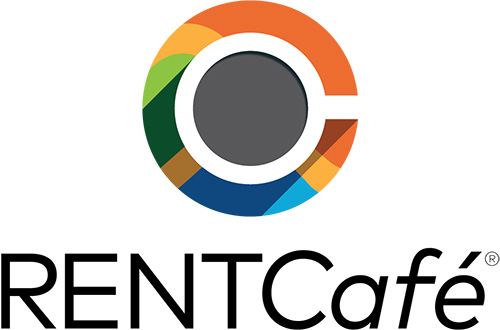-
@ Dec 31
Public Housing FAQ
WHAT IS PUBLIC HOUSING?
Public housing was established to provide decent and safe rental housing for eligible low-income families, the elderly, and persons with disabilities. Public housing comes in all sizes and types, from scattered single family houses to high-rise apartments for elderly families. There are approximately 1.2 million households living in public housing units, managed by some 3,300 HAs. The U.S. Department of Housing and Urban Development (HUD) administers Federal aid to local housing agencies (HAs) that manage the housing for low-income residents at rents they can afford. HUD furnishes technical and professional assistance in planning, developing and managing these developments.
WHO IS ELIGIBLE?
Public housing is limited to low-income families and individuals. An HA determines your eligibility based on: 1) annual gross income; 2) whether you qualify as elderly, a person with a disability, or as a family; and 3) U.S. citizenship or eligible immigration status. If you are eligible, the HA will check your references to make sure you and your family will be good tenants. HAs will deny admission to any applicant whose habits and practices may be expected to have a detrimental effect on other tenants or on the project's environment.
HAs use income limits developed by HUD. HUD sets the lower income limits at 80% and very low income limits at 50% of the median income for the county or metropolitan area in which you choose to live. Income limits vary from area to area so you may be eligible at one HA but not at another. The HA serving your community can provide you with the income levels for your area and family size, or you can also find the income limits on the internet.
Yes, the HA representative will request whatever documentation is needed (e.g., birth certificates, tax returns) to verify the information given on your application. The Housing Authority will also rely on direct verification from your employer, etc. You will be asked to sign a form to authorize release of pertinent information to the Housing Authority.
WHEN WILL I BE NOTIFIED?
The Alexandria Redevelopment and Housing Authority (ARHA) will provide written notification. If ARHA determines that you are eligible, your name will be put on a waiting list. Once your name is reached on the waiting list, the Housing Authority will contact you. If it is determined that you are ineligible, The Housing Authority will say why and, if you wish, you can request an informal hearing.
WILL I HAVE TO SIGN A LEASE?
If you are offered a house or apartment and accept it, you will have to sign a lease with the Alexandria Redevelopment and Housing Authority (ARHA). You may have to give the Alexandria Redevelopment and Housing Authority (ARHA) a security deposit. You and Housing Authority staff will go over the lease together. This will give you a better understanding of your responsibilities as a tenant and the Housing Authority responsibilities as a landlord.
HOW IS RENT DETERMINED?
Your rent, which is referred to as the Total Tenant Payment (TTP) in this program, would be based on your family's anticipated gross annual income less deductions, if any. HUD regulations allows the PHA to exclude from annual income the following allowances: $480 for each dependent; $400 for any elderly family, or a person with a disability; and some medical deductions for families headed by an elderly person or a person with disabilities. Based on your application, an ARHA staff will determine if any of the allowable deductions should be subtracted from your annual income. Annual income is the anticipated total income from all sources received from the family head and spouse, and each additional member of the family 18 years of age or older.
The formula used in determining the TTP is the highest of the following, rounded to the nearest dollar:
(1) 30 percent of the monthly adjusted income. (Monthly Adjusted Income is annual income less deductions allowed by the regulations);
(2) 10 percent of monthly income;
(3) welfare rent, if applicable; or
(4) a $25 minimum rent or higher amount (up to $50) set by the PHA.
WHAT IS THE ROLE OF THE HOUSING AUTHORITY?
The housing Authority is responsible for the management and operation of its local public housing program. They may also operate other types of housing programs.
(1) On-going functions: (a) Assure compliance with leases. The lease must be signed by both parties; (b) Set other charges (e.g., security deposit, excess utility consumption, and damages to unit); (c) Perform periodic reexaminations of the family's income at least once every 12 months; (d) Transfer families from one unit to another, in order to correct over/under crowding, repair or renovate a dwelling, or because of a resident's request to be transferred; (e) Terminate leases when necessary; and (f) maintain the development in a decent, safe, and sanitary condition.
HOW LONG CAN I STAY IN PUBLIC HOUSING?
In general, you may stay in public housing as long as you comply with the lease.

